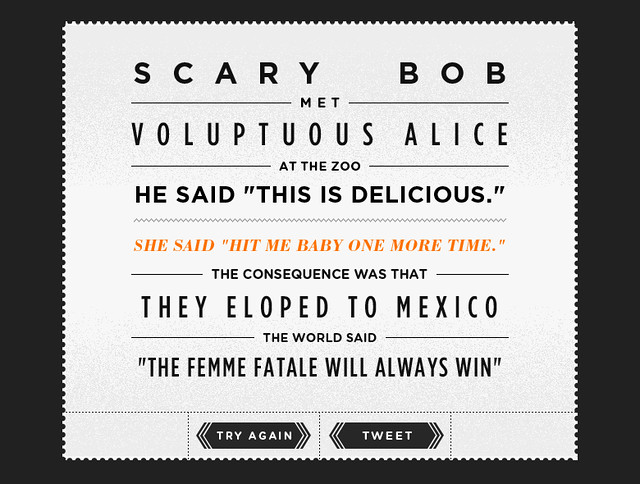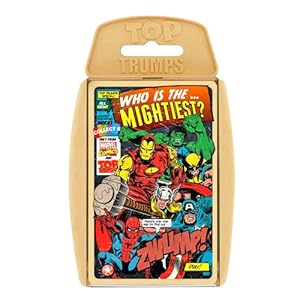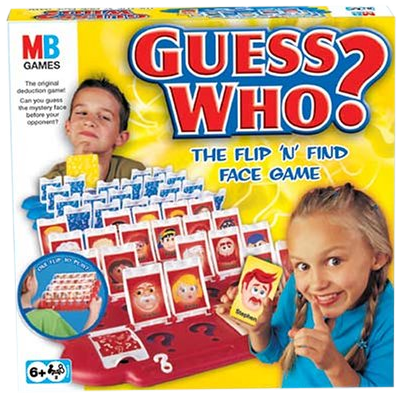Most games involve collaboration, often in the possibly contradictory form of competition. The benefits of playing games stretch beyond the curriculum (in its smaller, National Curriculum sense): pupils can develop strategic thinking, memorising skills, logical reasoning and more. Pupils will probably engage more enthusiastically with games than with worksheets. Games allow you to recycle materials: instead of photocopying all those worksheets you could invest in a few reusable resources. You still need to think about what you want children to achieve in the lesson and decide how the game needs to be adapted. Here are some suggestions:
Pelmanism. Infinite variations of the turn-over-two-cards-to-find-a-matching-pair game. Find a pair of adverbs...a pair of prime numbers...a pair of parallelograms... Some more ideas here: http://edition.tefl.net/ideas/games/32-variations-on-pelmanism/


Top Trumps. Develops strategic thinking, interpretation of information texts, retention of facts. The National Children's Bureau evaluation of the Schools Top Trumps Tournament (2011) concluded that playing Top Trumps had "positive learning outcomes for children in terms of literacy, numeracy and decision-making skills".
Mastermind. Develop logic skills, design effective experiments, and discuss scientific reasoning in the classroom. Have a look at Strom and Barolo's paper, "Using the Game of Mastermind to Teach, Practice, and Discuss Scientific Reasoning Skills" (2011).
Pelmanism. Infinite variations of the turn-over-two-cards-to-find-a-matching-pair game. Find a pair of adverbs...a pair of prime numbers...a pair of parallelograms... Some more ideas here: http://edition.tefl.net/ideas/games/32-variations-on-pelmanism/

Consequences. Pupils collaboratively generate sentences or simple story structures. Opportunities to practice using speech marks and other punctuation. The rules are here: http://m.wikihow.com/Play-Consequences
I went to the shop. Adaptable memory game, with opportunities to develop simple extended sentences and lists; opportunities to practice use of indefinite article. Child 1: "I went to the shop and bought an apple." Child 2: "I went to the shop and bought an apple and a banana." Child 3: "I went to the shop and bought an apple, a banana and a concertina." Some further suggestions here: http://www.teachingenglish.org.uk/language-assistant/games/i-went-shops
Guess Who. (I've never understood what the question mark is doing there.) Encourages pupils to frame questions ("Does your person have a red beard?" etc.), supports comprehension development, and logical reasoning. What more could you ask? For more ideas see: http://www.speech-language-development.com/guess-who.html
I went to the shop. Adaptable memory game, with opportunities to develop simple extended sentences and lists; opportunities to practice use of indefinite article. Child 1: "I went to the shop and bought an apple." Child 2: "I went to the shop and bought an apple and a banana." Child 3: "I went to the shop and bought an apple, a banana and a concertina." Some further suggestions here: http://www.teachingenglish.org.uk/language-assistant/games/i-went-shops
Guess Who. (I've never understood what the question mark is doing there.) Encourages pupils to frame questions ("Does your person have a red beard?" etc.), supports comprehension development, and logical reasoning. What more could you ask? For more ideas see: http://www.speech-language-development.com/guess-who.html

Top Trumps. Develops strategic thinking, interpretation of information texts, retention of facts. The National Children's Bureau evaluation of the Schools Top Trumps Tournament (2011) concluded that playing Top Trumps had "positive learning outcomes for children in terms of literacy, numeracy and decision-making skills".
Mastermind. Develop logic skills, design effective experiments, and discuss scientific reasoning in the classroom. Have a look at Strom and Barolo's paper, "Using the Game of Mastermind to Teach, Practice, and Discuss Scientific Reasoning Skills" (2011).


No comments:
Post a Comment